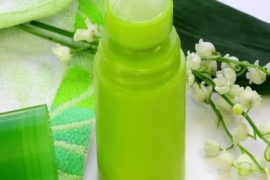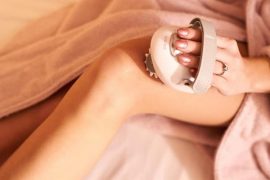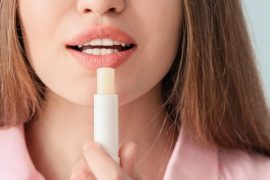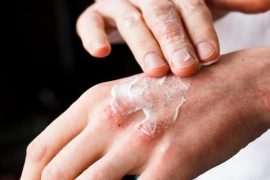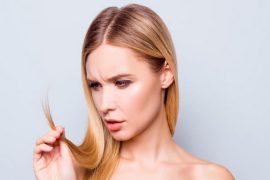Зміст
Niacin (Vitamin) is one of the most important vitamins for our body. Supports the work of the brain and nervous system, helps fight stress and protects against depression. The cosmetic industry also benefits from its beneficial properties – niacin protects the skin from extreme drying and discoloration. Studies have confirmed its effectiveness in combating acne (also in adults) and wrinkles. How To Use Vitamin B3 In Daily Skin Care?
What is Niacin and what role does it play in the body?
Niacin or vitamin B3 (also PP or nicotine acid) plays a significant role in the proper functioning of the brain and peripheral nervous system. Scientists have proven that it not only improves memory and concentration, but also reduces anxiety and mood. Moreover, it stimulates the immune system and can support it in the fight against certain bacteria, such as staphylococci. Niacin is also involved in the synthesis of sex hormones. Vitamin B3 deficiency is manifested by disorders of the nervous and mental systems (insomnia, migraine, hyperactivity, aggression), as well as poor skin conditions (including discoloration, drying and irritation).
Niacin and skin condition
The basis for the use of vitamin B3 in the production of cosmetics have been studies that have confirmed its ability to penetrate the skin. Modern cosmetics are also enriched with so-called penetration stimulants, which further increase the absorption of niacin. Vitamin B3 has intense moisturizing properties and protects the skin from excessive moisture loss. This is especially needed in the summer and fall because it works as a natural UV filter. It also illuminates the discoloration caused by excessive sunlight. Reduces the risk of scarring and acne, stimulates the regeneration of the epidermis.
Niacin and acne
Vitamin B3 regulates the amount of sebum produced and narrows the enlarged pores while moisturizing the skin. It also has antibacterial properties, thereby reducing skin inflammation, reducing acne and eczema. Protects against further defects. For this reason, preparations containing niacin are especially recommended for mature and oily skin.
Niacin and wrinkles
Vitamin B3 stimulates the formation of collagen (a protein responsible for skin elasticity and elasticity) and ceramics that protect deep layers of skin from moisture loss. Due to this, niacin reduces existing wrinkles and delays the formation of new ones.
What Foods Contains Vitamin B3?
Niacin, like other vitamins in group B, is found in the highest amounts in birds and pork, as well as in liver, legumes and peanuts. Slightly smaller quantities can also be found in fish, bran, potatoes, cereals and green vegetables.
Vitamin B3 in cosmetics
Vitamin B3 in cosmetics can appear under the name niacin amide or nicotinamide. We find it in many anti-wrinkle and acne remedies: creams, masks, conditioners and lotions. However, it should be noted that this was at the beginning of the list of ingredients – it means that there are more of them. Studies have confirmed that preparations containing at least 2% niacin are effective.




